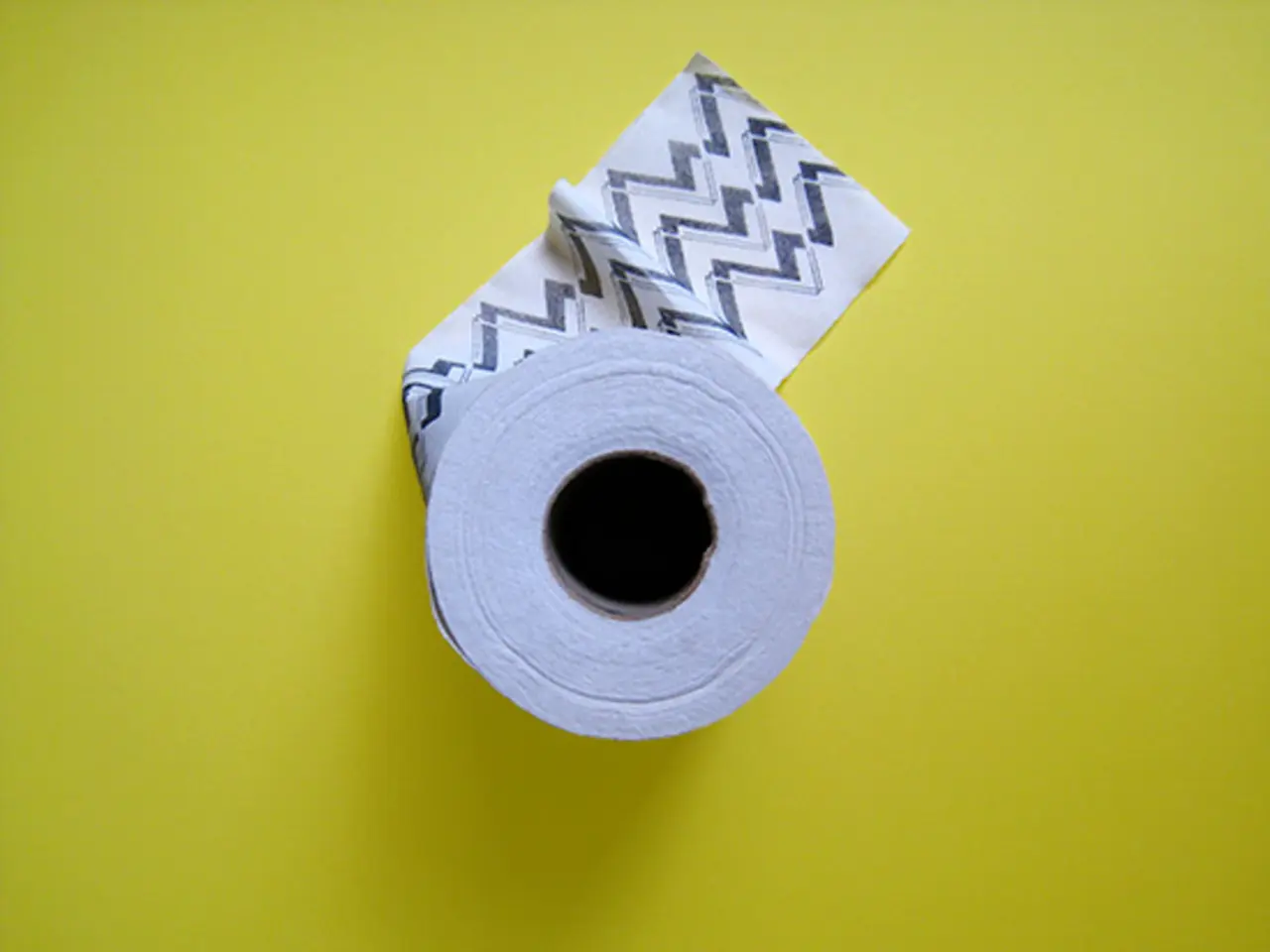Exceptional Advancement in Tissue Engineering via 'Shape Memory' Aid for Tissue Development
In a groundbreaking development, a team of world-class chemists and engineers from 4D Biomaterials have created 3D-printed tissue scaffolds that degrade harmlessly while promoting tissue regeneration. This research, published today in the prestigious journal Nature Communications, is set to revolutionise the field of biomedical engineering.
4D Biomaterials, founded in 2016, specialises in the development and commercialisation of a novel range of patent-pending, printable resins for biomedical applications. The scaffolds created by the company have demonstrated several major advantages over current approaches, including sufficient elasticity, ability to undergo compression, compatibility with tissues, and non-toxic biodegradation.
The scaffolds were tested in a mouse model and showed infiltration of adipocytes, fibroblasts, and vascularisation at two months. At four months, 80% of the scaffold was still present, demonstrating slow degradation. remarkably, the researchers found small, mature blood vessels in the surrounding tissue at four months.
The scaffolds have evenly distributed and interconnected pores that allow diffusion of nutrients from surrounding tissues. This design feature ensures the growth of healthy tissue within the scaffold. Moreover, the scaffolds degrade by surface erosion into non-acidic products, allowing for slow, continuous tissue infiltration.
The scaffolds were created using 3D printing resin 'inks' developed by Professor Andrew Dove and his team at the University of Warwick. The University of Warwick, ranked amongst the world's top 100 institutions, provides business expertise, IP protection, support services, and funding to the University's academic innovators. Warwick Innovations, the knowledge exchange and commercialization arm of the University of Warwick, played a crucial role in the development and commercialisation of these innovative scaffolds.
The University of Birmingham also contributed to this research. Tony Moran, from the University of Birmingham, can be contacted for media inquiries at [email protected] or +44 (0) 7827 832312.
4D Biomaterials is now offering technical grade material for commercial supply to 3D printing companies and medical device manufacturers. Philip Smith, from 4D Biomaterials, can be contacted for commercial or investment inquiries at [email protected].
This research represents a significant step forward in the field of biomedical engineering, offering a promising solution for tissue repair and regeneration. With its unique properties and proven effectiveness, the 3D-printed tissue scaffolds developed by 4D Biomaterials are poised to make a lasting impact on the healthcare industry.
Read also:
- Nightly sweat episodes linked to GERD: Crucial insights explained
- Antitussives: List of Examples, Functions, Adverse Reactions, and Additional Details
- Asthma Diagnosis: Exploring FeNO Tests and Related Treatments
- Unfortunate Financial Disarray for a Family from California After an Expensive Emergency Room Visit with Their Burned Infant








